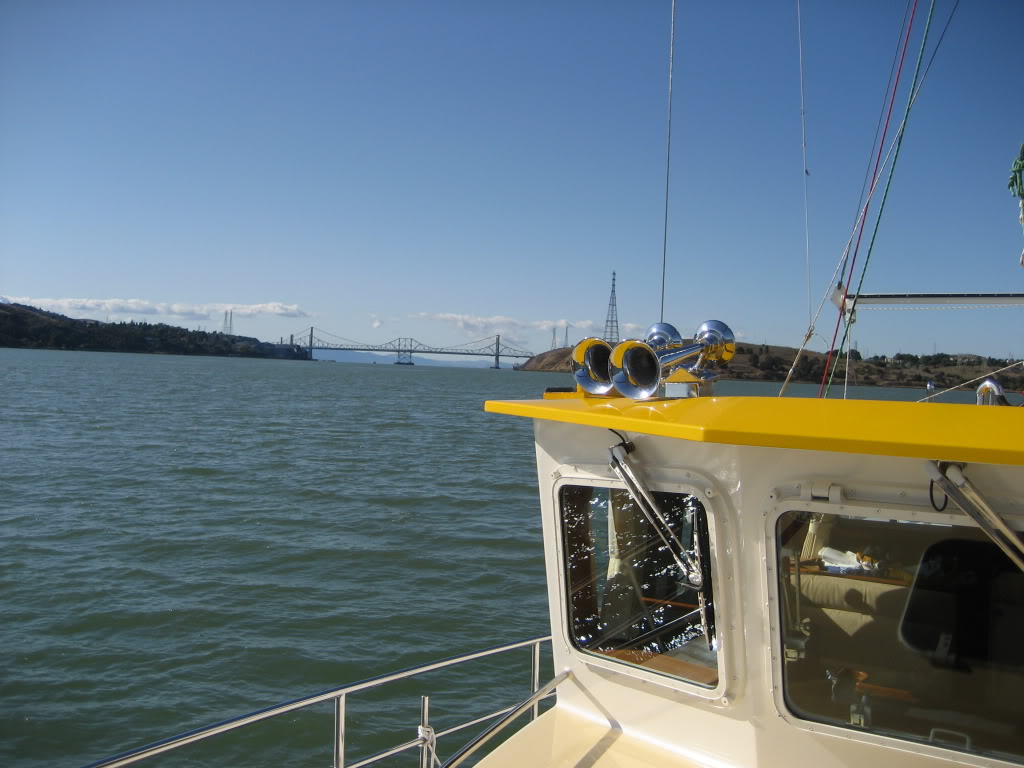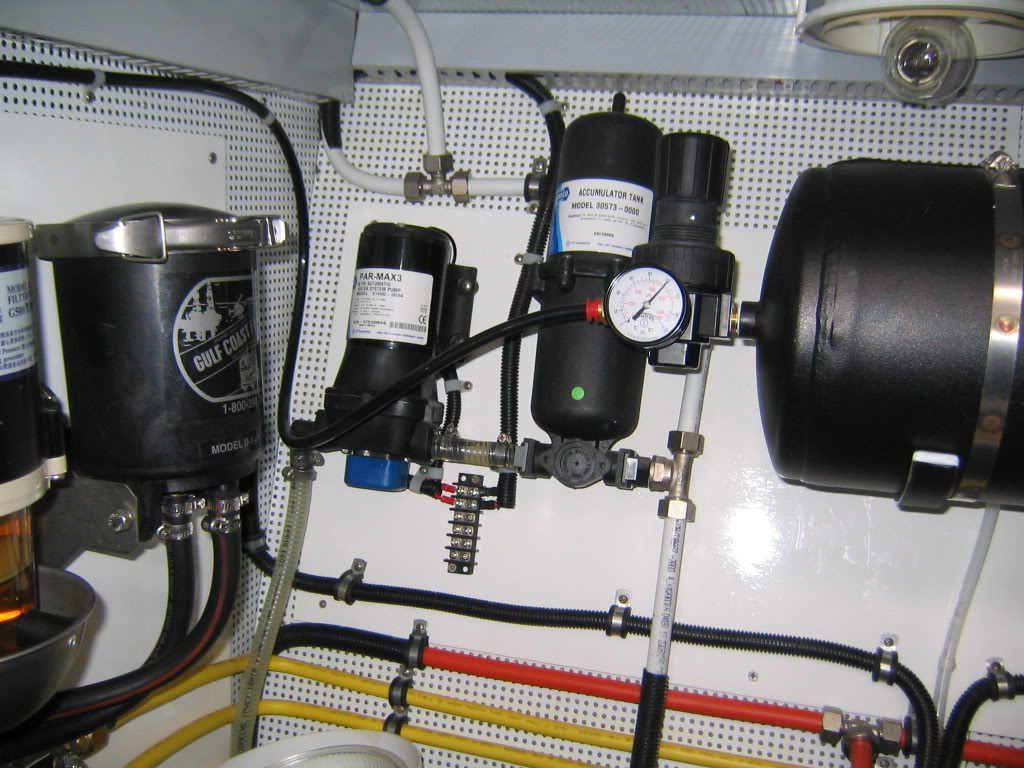Alaskan Sea-Duction
Guru
- Joined
- Jul 6, 2012
- Messages
- 8,057
- Location
- USA
- Vessel Name
- Alaskan Sea-Duction
- Vessel Make
- 1988 M/Y Camargue YachtFisher
Has anyone tried these?
https://www.hornblasters.com/products/details.php?i=shocker-240-train-horn-kit
https://www.hornblasters.com/products/details.php?i=shocker-240-train-horn-kit





